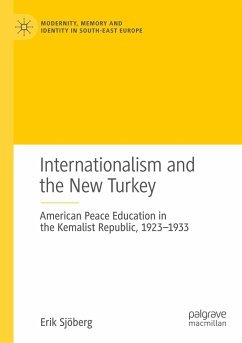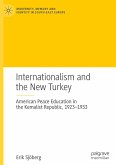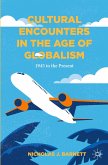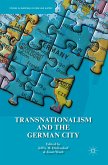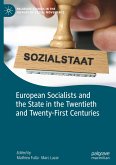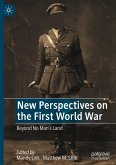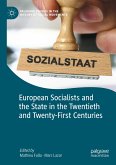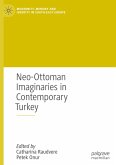This book examines international education in Turkey after World War I. In this period, a movement for peace and international education among American educators emerged. This effort, however, had to be reconciled with the nationalist projects of new nation-states emerging from the war. In the case of the Near East that meant coming to terms with the radically nationalist modernization project of Kemal Atatürk's Turkish Republic. Using the case of Robert College, an American educational institution in Istanbul, which aimed to foster a future local elite of a multi-ethnic and multi-religious student body, the book sheds light on the negotiation between two conceptions of modernity, as represented by American internationalist ideals and the tenets of Kemalism the Westernizing, yet deeply ethnocentric national ideology of post-1923 Turkey. Based on recently declassified archival sources, this study addresses the educational intentions and strategies for adjustment of college faculty. It also offers a rare insight into the mindset of young students attempting to make sense of what internationalism and religious, ethnic and national identity meant in the Ottoman past and in the new republican Turkey. Focusing on Robert College and the forgotten case of its dean and social studies instructor, Dr. Edgar Jacob Fisher, it addresses the little-researched field of internationalism and peace education in interwar Turkey.
Bitte wählen Sie Ihr Anliegen aus.
Rechnungen
Retourenschein anfordern
Bestellstatus
Storno

